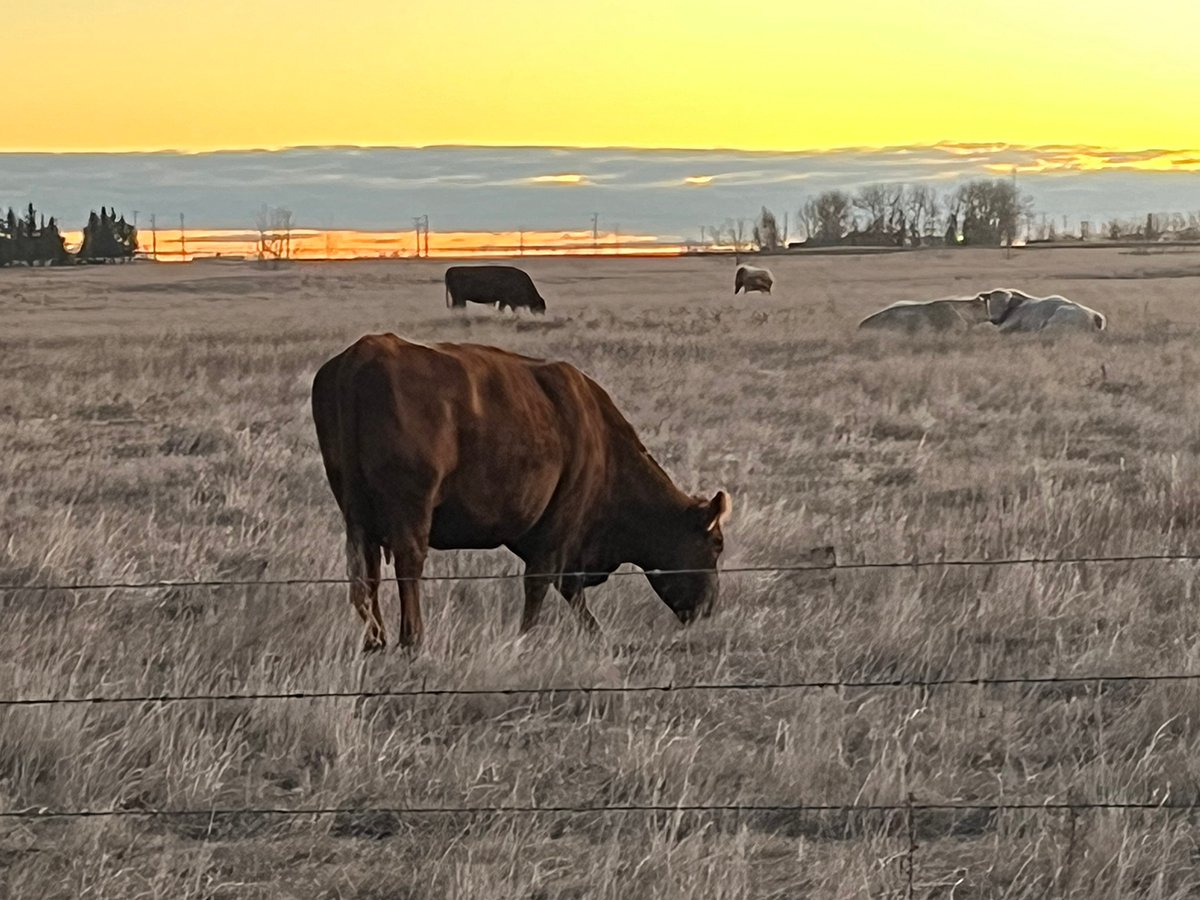The prospect of genetically modified cereal crops is giving some prairie farmers nightmares.
“GMO durum would be suicide for us,” said Leo Meyer, vice-president of the Western Barley Growers Association, at a recent barley growers meeting.
He said it could drive away sensitive customers who will look elsewhere for their durum, wheat or malting barley.
Albert Wagner of Stony Plain, Alta., agreed.
“We don’t want malting barley or durum affected the way canola has been.”
Some customers have already warned the Canadian Wheat Board that they don’t want genetically modified grain, said Gordon Flaten, wheat board director of market development.
Read Also

Animal protection delivery to change in Saskatchewan
The Saskatchewan government is looking for a new agency to handle animal welfare after Animal Protection Services of Saskatchewan decided not to renew its contract next year.
The board has surveyed potential customers and hopes to provide unbiased information about these crops.
“We do not intend to make any judgments about whether these products are good or bad,” he said. “All we’re interested in really is reacting to the interest of customers and farmers.”
Flaten said there is not enough information whether these new products, which the board calls transgenics, transmit allergies or whether they might cause environmental problems.
Canadian farmers looking for genetically modified crops have their choice of 34 canola varieties, 33 soybean, 50 corn and seven potato.
Wheat, barley, mustard, peas and lentils are being tested mostly for herbicide tolerance. It will be at least three years before transgenic wheat might be available. Barley is even further into the future.
In 1997, a board survey found that many customers do not want GM varieties.
Breweries like Anhauser Busch have said no to GM barley.
Hostess Frito-Lay and McCains Foods have announced they will not accept GM potatoes.
Nippon Flour Mills in Japan has switched from corn starch to wheat starch to avoid transgenics.
Malaysia does not accept GM varieties because it does considerable business with Europe and does not want to jeopardize that market.
Flaten said it might be necessary to segregate transgenics from traditional crops. However, there are no adequate tests for accurately detecting genetically altered grain.















